A statement from the President’s Conference, Fiji 2019
“For God so loved the cosmos” (John 3:16)
The good news of Christ is for the whole of creation
and we are one with all creation in Christ. (Col 1: 23)
We, the participants of the 2019 President’s Conference, gathering in solidarity with our sisters and brothers in Fiji have drawn together to bear witness and to draw courage from each other – here where climate change is most clearly seen, most clearly felt, by the people least responsible for its progress.
We acknowledge:
Our connection to Moana, Waitui, Wansolwara people, whose lands and hearts are bound by deep, blue Pacific waters.
We are part of the Pacific, a liquid continent where islands are connected and sustained by the ocean currents.
The need to listen again to the voices of our sisters and brothers, our friends, fellow members of the Body of Christ, the most vulnerable and most impacted, who also demonstrate great resilience, determination, hopefulness and commitment to work for change.
This has inspired us and challenged us to hear God’s call to costly discipleship and we lament the effects of the human sin of greed and particularly its effects on this planet, our home.
Together we affirm:
The Uniting Church’s commitment to the wellbeing of the environment arises out of our belief that God is the Creator of the world in which we live and move and have our being.
This ‘groaning creation’ is God’s ‘good’ creation.
Through our discerning of Scripture, we acknowledge the gospel of creation: all things were made in, through and for Christ and are being reconciled in Christ.
The Uniting Church believes that God calls us into a particular relationship with the rest of creation, a relationship of mutuality and interdependence which seeks the reconciliation of all creation with God.
The Basis of Union expresses this hope and situates it at the very heart of the church’s mission:
“God in Christ has given to all people in the Church the Holy Spirit as a pledge and foretaste of that coming reconciliation and renewal which is the end in view for the whole creation. The Church’s call is to serve that end.”
Together we recognise:
The ongoing concern of the Uniting Church in Australia since its formation in 1977 for the wellbeing of our planet that has been expressed in numerous statements.
The unique place and wisdom of First Peoples of Australia in relation to the land. The Preamble to the Constitution of the Uniting Church recognises that:
The First Peoples had already encountered the Creator God before the arrival of the colonisers; the Spirit was already in the land revealing God to the people through law, custom and ceremony. The same love and grace that was finally and fully revealed in Jesus Christ sustained the First Peoples and gave them particular insights into God’s ways.
The Churches of the Pacific, with whom we are a part of the Body of Christ, and the Pacific Conference of Churches, to which we belong, are leading the response to climate change. We hear their call and witness to us; and recognise their prophetic, practical and pastoral actions among their people.
Dominant forms of the Christian tradition have been complicit in the abuse of creation, often accompanied by the belief that the world is given to use as we please, and the perspective that “more is better.”
The island nations in the Pacific are being disproportionately harmed by climate change, and are among the most vulnerable to rising sea levels and climate change induced natural disasters.
Climate change induced displacement is already a significant challenge, and grief both to Pacific countries and across the world; disconnecting people from their homes, their culture and their identity.
Climate change remains the single greatest threat to the livelihoods, security and wellbeing of the peoples of the Pacific and across the world, and to all of creation including plant and animal life.
The intersectionality of issues – how climate change disproportionately impacts the poorest communities and on women and children, people living with disabilities, people with different gender identities – calls for relational and inclusive justice.
As participants of this conference, we are called to be God’s co-workers, participants in the work of reconciliation and renewal for the whole creation. We believe that we have a moral responsibility to act, and that God is calling us to be bearers of hope.
Because of this, we commit to:
Working with First Peoples in Australia particularly through the Uniting Aboriginal and Islander Christian Congress, sisters and brothers in the Pacific and other communities of faith to understand the impacts of climate change on traditional and contemporary ways of life and pay attention to the Indigenous Peoples’ wisdom of living in right relationship with land, sea and sky.
Being compassionate, active listeners to the environment and people living with the reality of climate change.
Being thankful for all we have, recognising we have enough, enjoying the beauty and bounty of God’s creation, resisting the pressures of consumerism and idolatry of material possessions.
Being responsible for our own actions and our impact on the environment, and calling for a renewed repentance, turning away from seeking more, towards a just sharing and harmony of all life.
Being a green Church by finding creative ways to engage our own communities in climate action, raising aspects of the environment in our worship, replacing disposable with sustainable products, reducing energy use and moving to renewable forms of energy.
Boldly raising our voices to advocate to governments to act on climate change and its effects in Australia, in the Pacific and the global community.
This statement was originally published on the Uniting Church in Australia Assembly website.
Read more about UnitingWorld’s work with Pacific partners on climate change and disaster risk reduction.

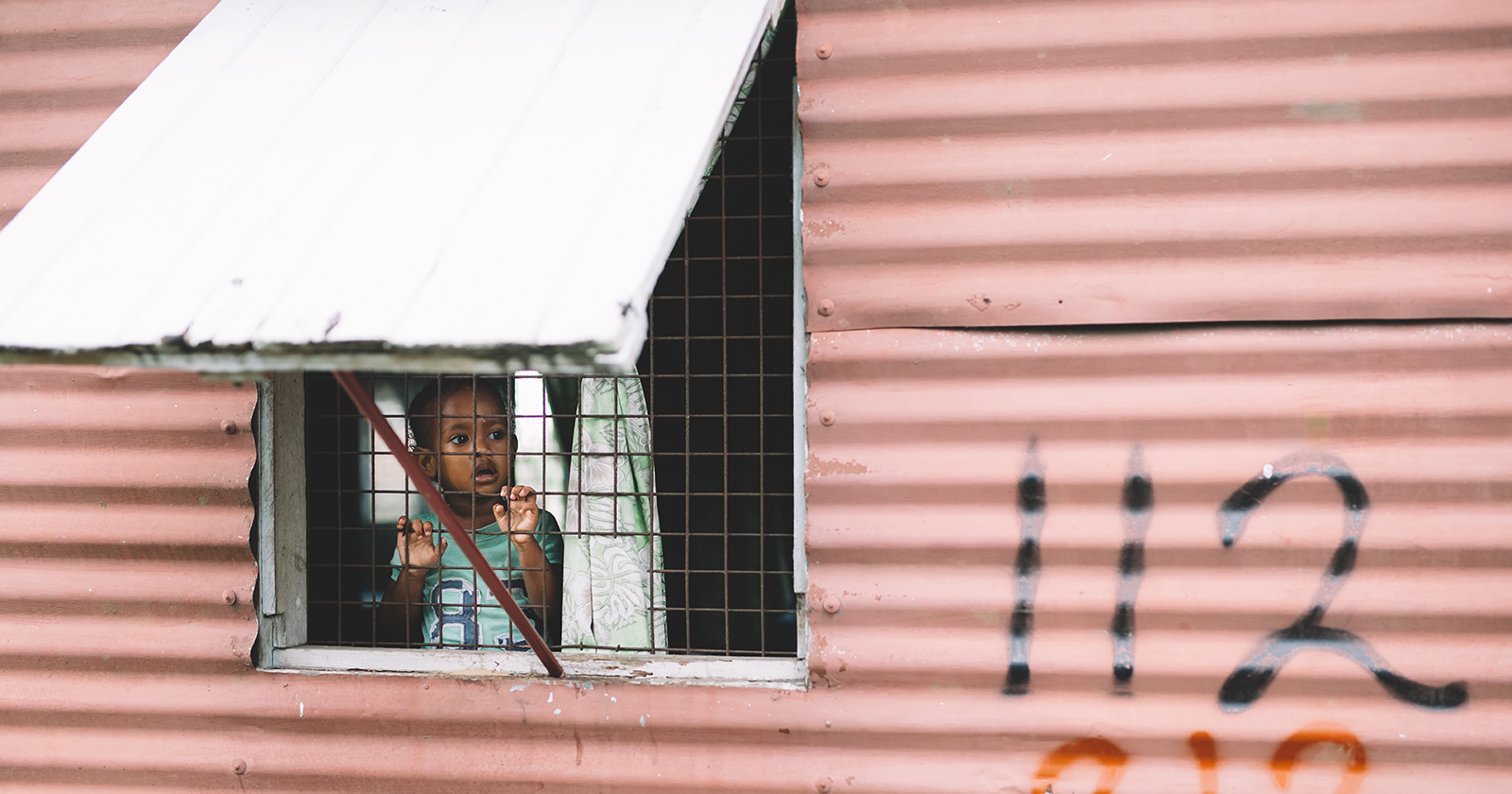
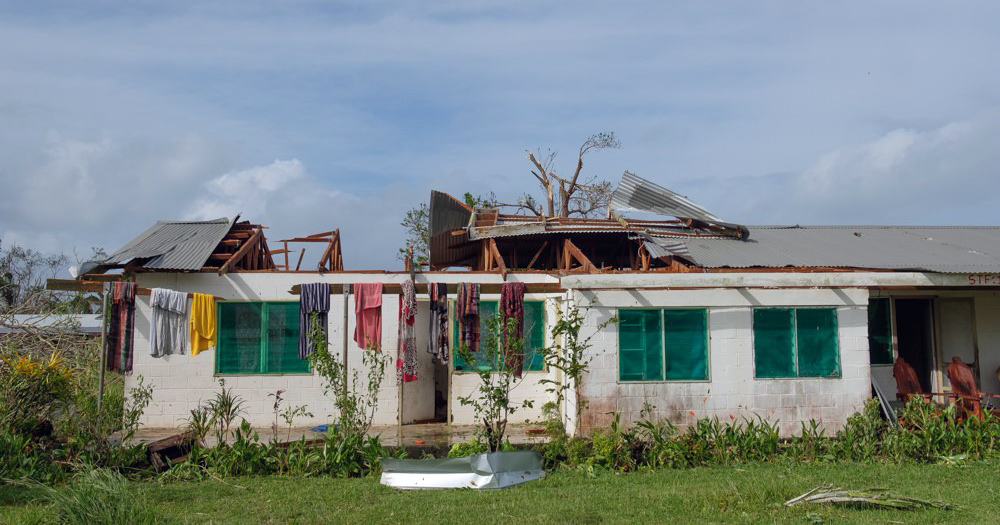
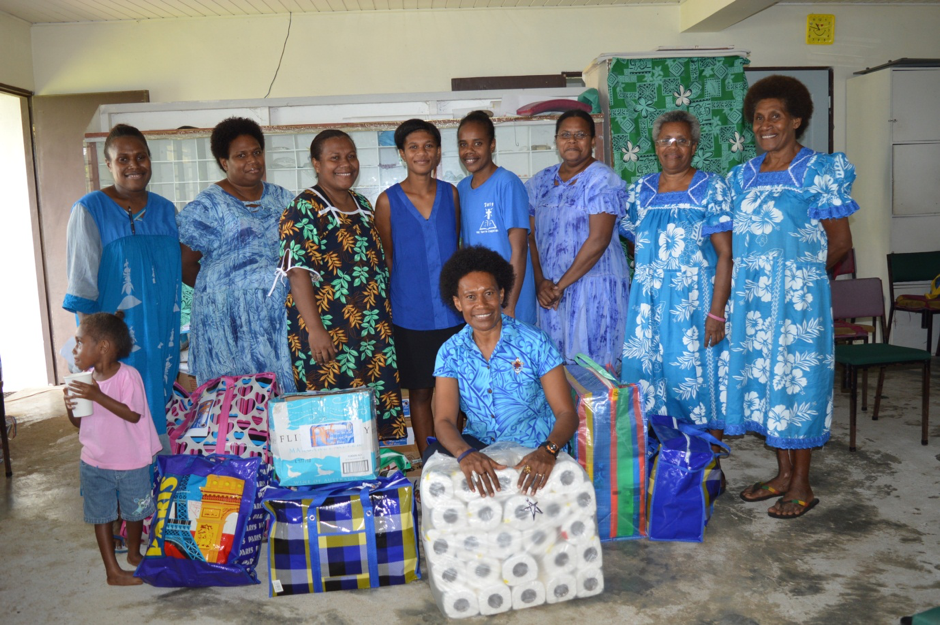
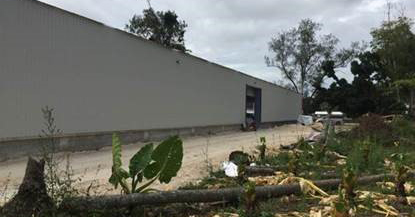
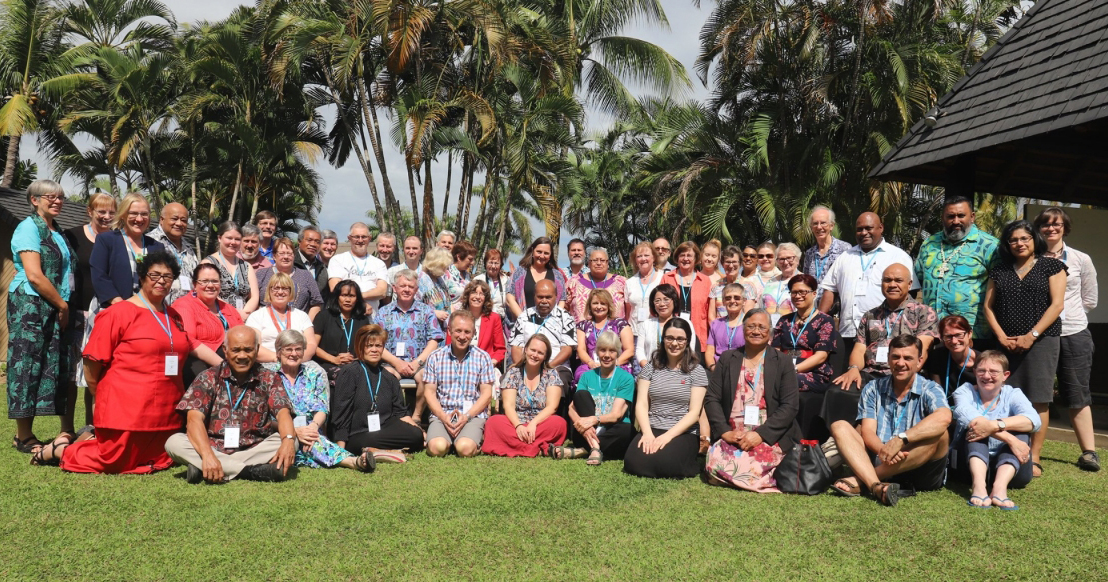



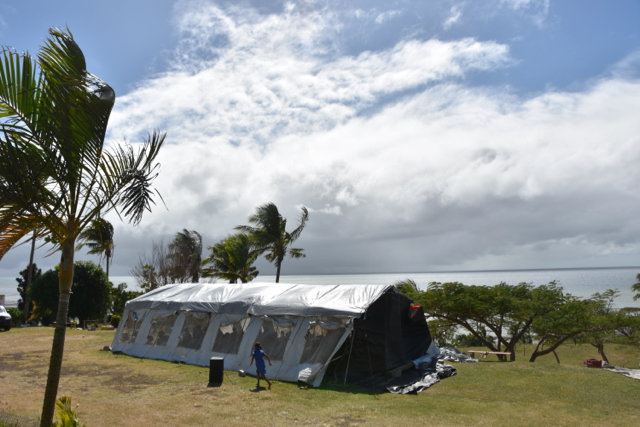


 The MCIF then organized hundreds of volunteers and Methodist youth to help sort and distribute goods in the days following the emergency, ensuring the relief supplies were quickly transferred to where they were needed most.
The MCIF then organized hundreds of volunteers and Methodist youth to help sort and distribute goods in the days following the emergency, ensuring the relief supplies were quickly transferred to where they were needed most.